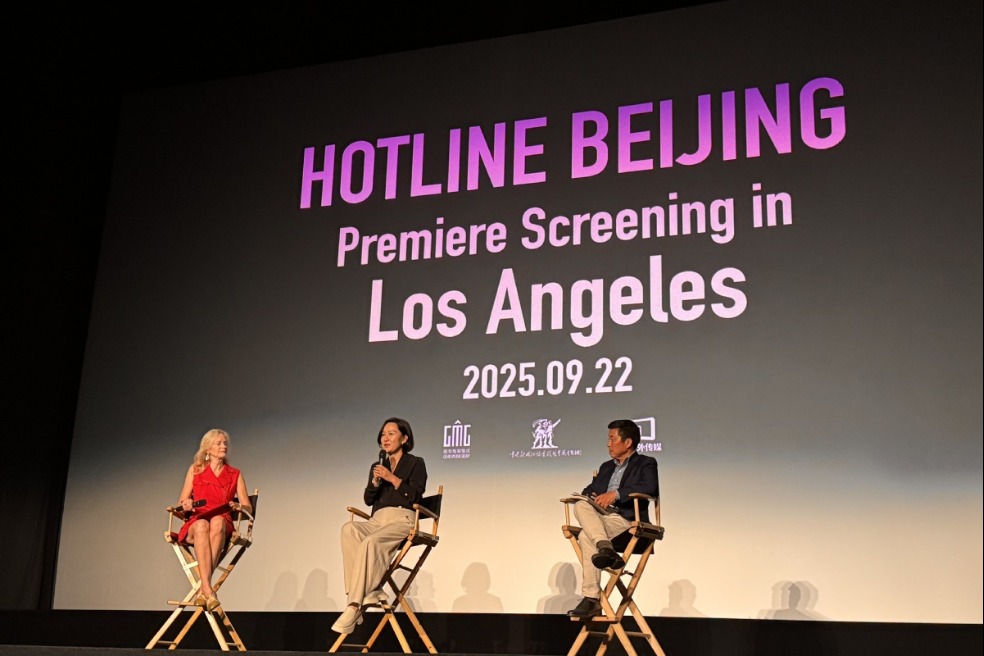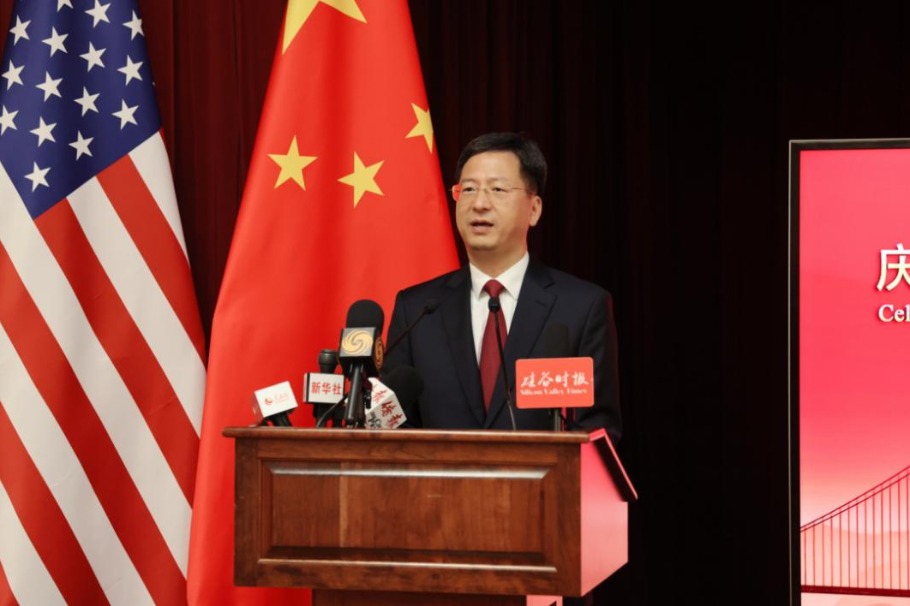A divergence of fates for two illustrious American newspapers

It is a bicoastal tale of two newspapers in the US' two largest cities.
Half of the New York Daily News' staff was laid off on Monday, as parent company Tronc said it wanted to focus more on "digital" news, meaning the website.
Across the country in Los Angeles (well, 20 miles southwest in El Segundo), the Los Angeles Times has a new lease on life under billionaire owner Dr Patrick Soon-Shiong, who bought the 137-year-old paper from that same Tronc.
Soon-Shiong, 65, paid $500 million in April for the LA Times and a few other California newspapers, whereas the Daily News was sold to Tronc last year for $1, with the buyer assuming its debt.
(Tronc, incidentally, is headquartered in the US' third-largest city, where it publishes the Chicago Tribune.)
Tears flowed Monday at the downtown Manhattan office of the News, a tabloid that has been a part of New York lore. Its all-caps headlines and stark photos screamed during its heyday in the 1940s and 1950s, when the paper gloried in war stories and baseball.
Tronc told the News staff in an email that the smaller paper will focus on breaking news involving "crime, civil justice and public responsibility".
New York politicians were alarmed at the news.
"I urge Tronc to reconsider this drastic move and stand ready to work with them to avert this disaster," New York Governor Andrew M. Cuomo said in a statement.
"It's no secret that I've disagreed with the Daily News from time to time. But Tronc's greedy decision to gut the newsroom is bad for government and a disaster for NYC. Tronc should sell the paper to someone committed to local journalism and keeping reporters on the beat," New York Mayor Bill de Blasio said.
The internet has been brutal for the printed page, particularly in major metropolitan areas. Starting in the late 1990s, online content has gradually gutted the papers' virtual monopolies on display and classified ads — the traditional life blood of newspapers.
Newspapers have plodded along with heavy overhead costs such as newsprint, ink, presses, trucks and ad sales and circulation departments.
Most newspapers have an online presence and have gradually shifted resources to their websites, which also have the benefit of video for a streaming-addicted populace.
But internet advertisers don't pay nearly what the majestic department stores used to pony up for full pages in big-city dailies. Online news outlets also have sustained layoffs, just not as severe as papers.
As American newspapers — many that started as family-owned publications — were sold to large corporations and in some instances hedge funds, the bottom line became paramount.
If the profit margin was really thin or if a paper was losing money, then staff would either be offered buyouts or laid off. Of those let go, many were some of a paper's most recognizable personalities, with their salaries usually a determining factor.
At least 36 percent of the largest US papers and at least 23 percent of the highest-traffic "digital-native" news outlets experienced layoffs between January 2017 and April 2018, according to a Pew Research Center study. Those with the highest circulation were most likely to be affected.
Soon-Shiong, a former surgeon, bought the Times for twice what Amazon billionaire Jeff Bezos paid for The Washington Post. He also picked up the San Diego Union-Tribune, Spanish-language Hoy and some community papers.
Born in South Africa to Chinese immigrant parents, Soon-Shiong has taken quite the path to publishing. He has spent decades searching for a cancer cure and has made a fortune in biotech.
He also is a professor at UCLA and a part owner of the NBA's Los Angeles Lakers.
Soon-Shiong pioneered the cancer drug, Abraxane, and has founded biotech and medical data firms. But now his passion is newspapers.
"I'm a news junkie number one, a complete news junkie," he told the Guardian of London.
He said because of mobile devices, "you have now an absence of what I call leisurely reading. You have a generation … wired to look at short pieces with not long attention spans.
"Clickbait and chasing clicks is absolutely not going to be the vision of what we do," he told the Guardian.
And he hopes that millennials' taste for retro will help.
"Kids today want to buy vinyl records. So you'll have hipster kids wanting to see paper soon," he said optimistically.
Contact the writer at williamhennelly@chinadailyusa.com
































